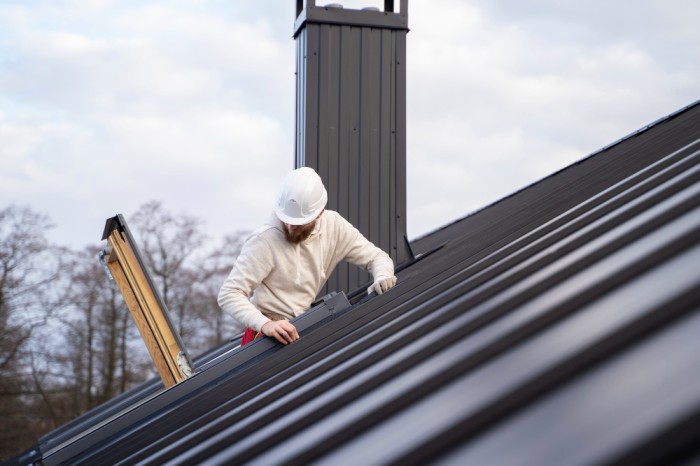Energy efficiency has become more than just a buzzword in construction and civil contracting. It's a crucial aspect of modern construction, offering numerous benefits, from reduced energy consumption and cost savings to environmental sustainability. When it comes to ensuring energy efficiency, roof insulation is one of the critical areas of focus. In this blog, we will delve into the significance of roof insulation in the context of energy efficiency, explore best practices recommended by civil contractors, and understand how this can benefit American homeowners and businesses.
Why Roof Insulation Matters?
Roof insulation is not just about keeping the indoors warm during the winter and cool during the summer. It's about energy conservation and creating a sustainable living or working environment. Here's why roof insulation is of paramount importance:
1. Energy Savings: Proper roof insulation significantly reduces the transfer of heat between the interior and exterior of a building. This means your heating and cooling systems work more efficiently, saving substantial energy.
2. Climate Control: Insulation helps maintain a comfortable and consistent temperature inside a building, irrespective of the weather conditions outside. This ensures that you stay warm in winter and cool in summer, all while using less energy.
3. Reduced Environmental Impact: Roof insulation lowers greenhouse gas emissions by reducing energy consumption. This eco-friendly approach aligns with America's commitment to sustainability and environmental responsibility.
Best Practices in Roof Insulation
Now that we understand the significance of roof insulation let's explore the best practices recommended by civil contractors to maximize its effectiveness:
1. Proper Material Selection: Choosing insulation material is critical. American contractors typically recommend materials like fiberglass, cellulose, and spray foam. Each material has unique properties, such as its R-value, indicating its insulating capability.
2. Seamless Installation: It's not just about the material; it's how it's installed. Proper installation ensures no gaps or voids in the insulation, which could compromise its effectiveness. This often requires professional expertise.
3. Adequate Thickness: Contractors stress the importance of determining the correct insulation thickness based on location and climate. Colder regions may require thicker insulation to combat harsh winters, while milder climates may need less.
4. Ventilation Considerations: Proper roof ventilation prevents moisture buildup. Contractors recommend a balanced system that allows air circulation without compromising insulation performance.
5. Regular Maintenance: Roof insulation is an investment that pays off over time. It's essential to perform regular inspections and maintenance to ensure its longevity and effectiveness.
Benefits of Energy-Efficient Roof Insulation
Energy-efficient roof insulation offers many benefits for American homeowners and businesses.
1. Cost Savings: Reduced energy consumption means lower utility bills. This translates to significant savings, particularly in regions with extreme temperatures.
2. Comfort: Consistent indoor temperatures throughout the year provide superior comfort for occupants. No more freezing in winter or sweltering in summer.
3. Environmental Impact: Contributing to lower energy usage reduces your carbon footprint, aligning with America's sustainability goals.
4. Property Value: An energy-efficient building often has a higher resale value. It's an attractive feature for potential buyers or tenants.
5. Regulatory Compliance: Many states and local authorities have regulations and incentives for energy-efficient construction. Complying with these can lead to tax benefits and rebates.
6. Longevity: Properly installed and maintained insulation can extend the lifespan of your roofing materials. It offers protection against wear and tear caused by extreme temperature fluctuations.
Energy-efficient roof insulation is not just a construction trend; it's a bright and responsible choice for homeowners and businesses across the United States. By following the best practices recommended by civil contractors and embracing the benefits of energy efficiency, you reduce your energy bills and contribute to a greener and more sustainable future. With government support and a growing awareness of environmental responsibility, energy-efficient roof insulation is poised to play a significant role in the future of American construction, offering comfort, cost savings, and a cleaner planet for generations to come.

